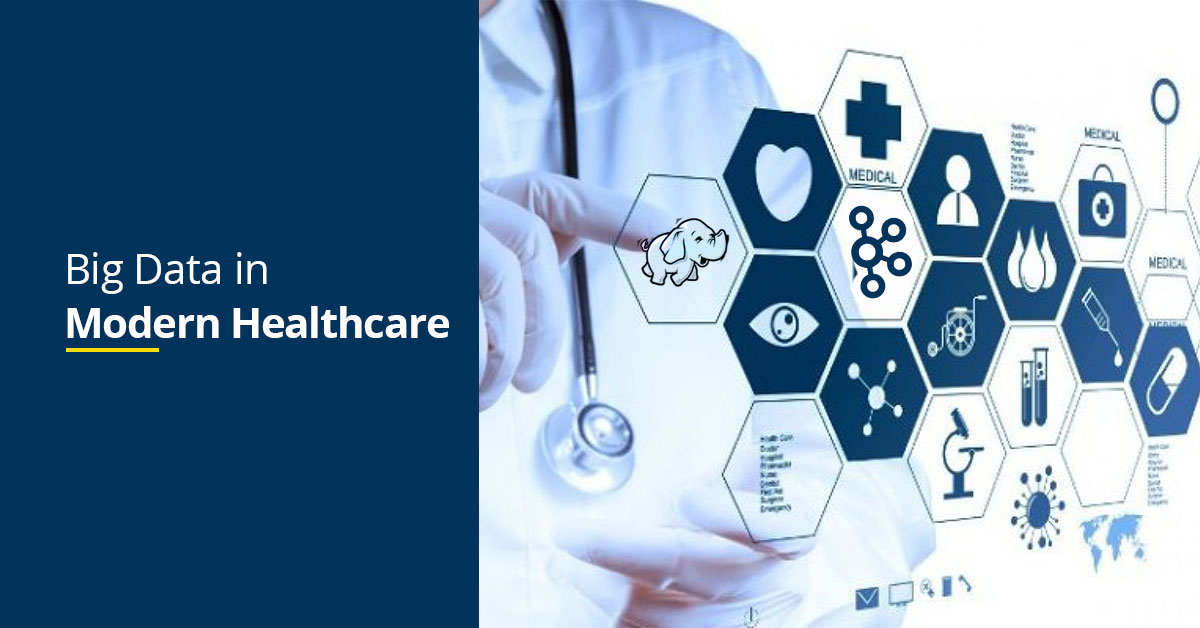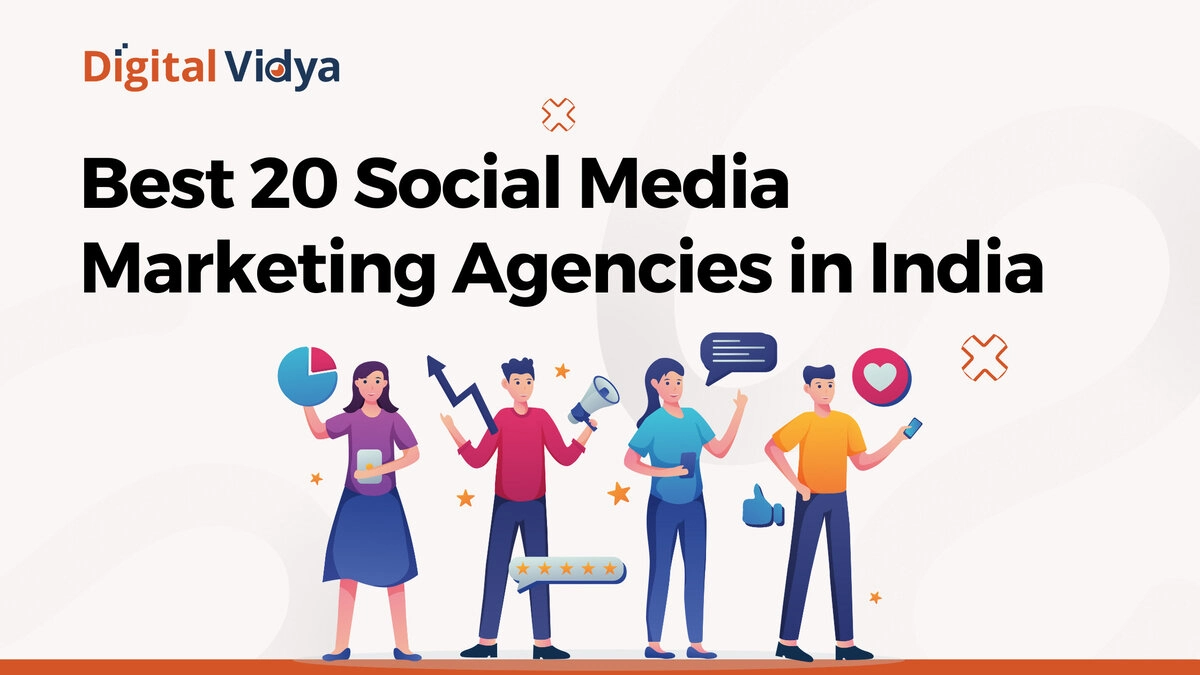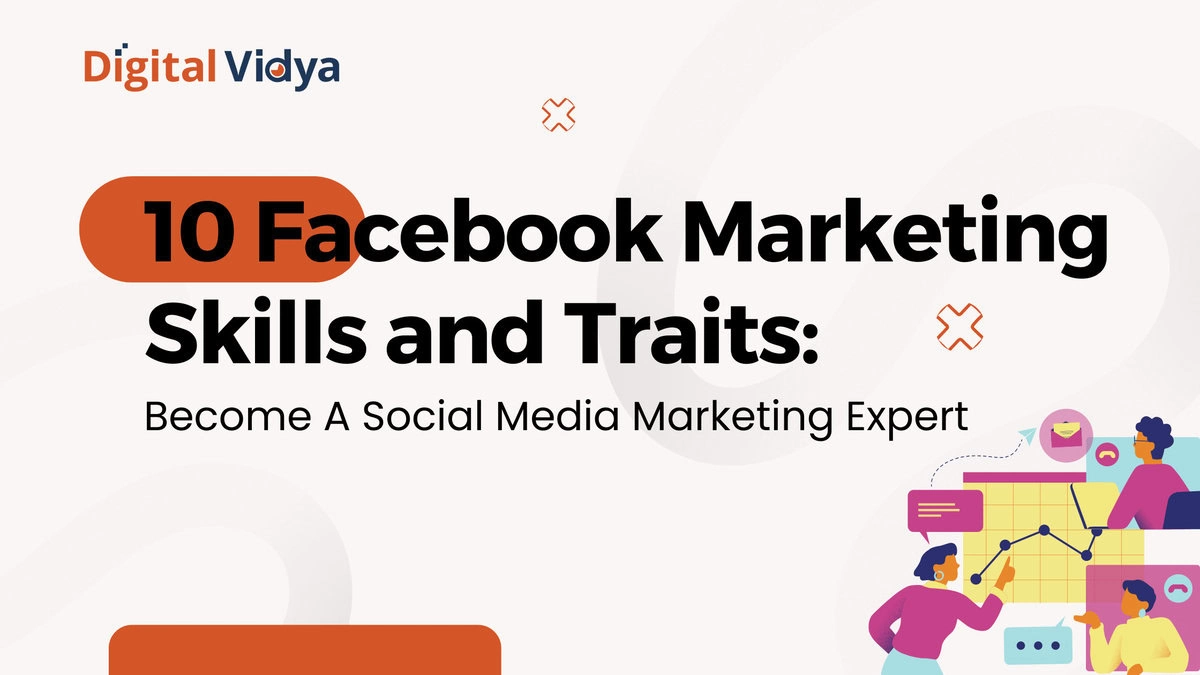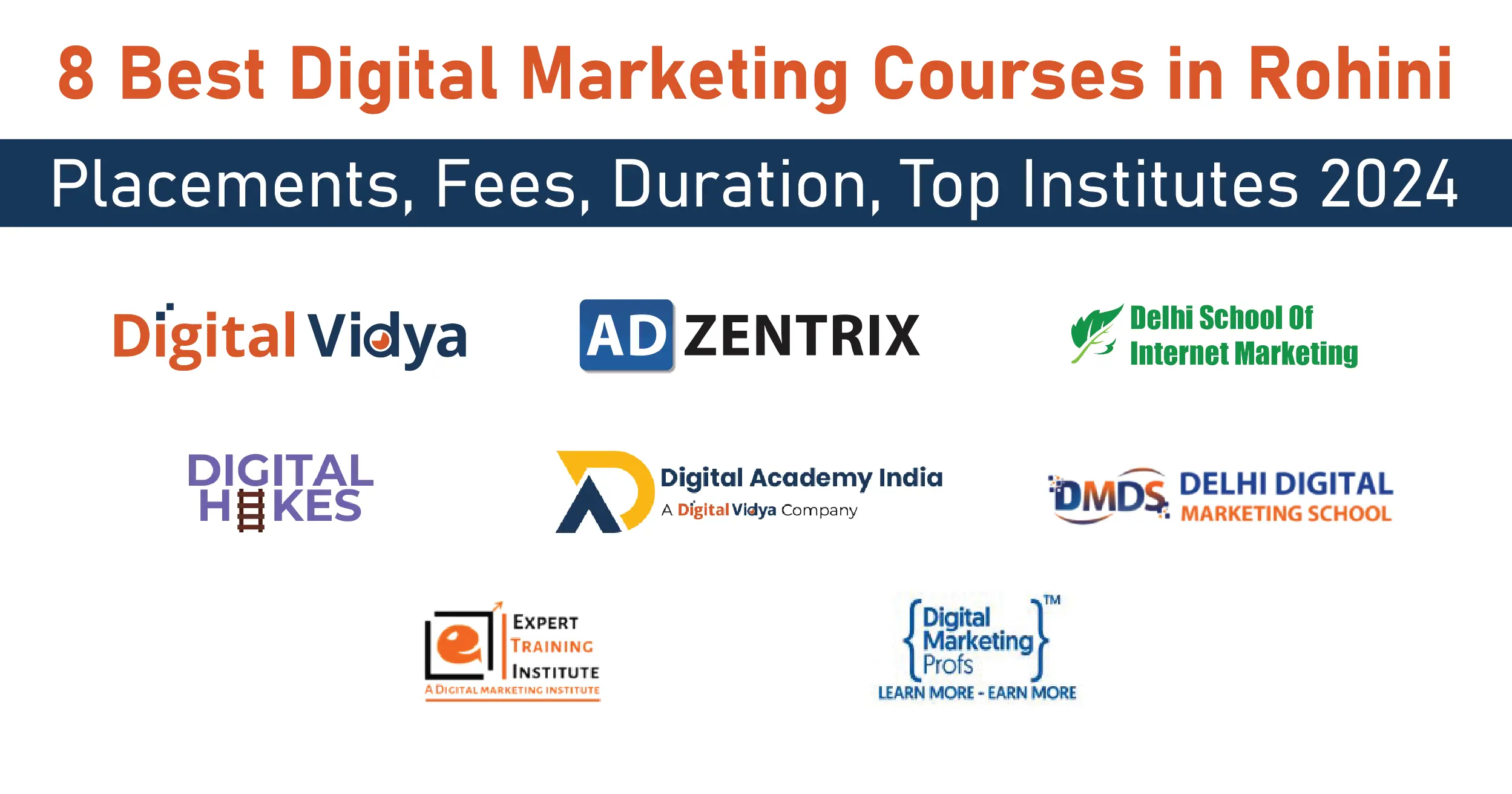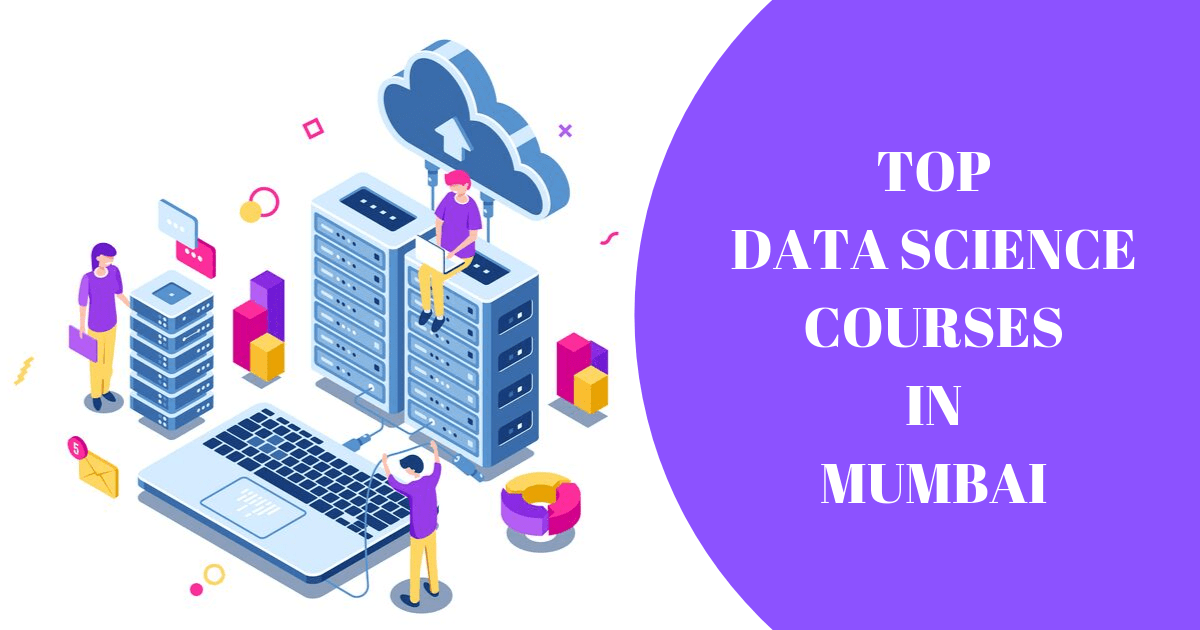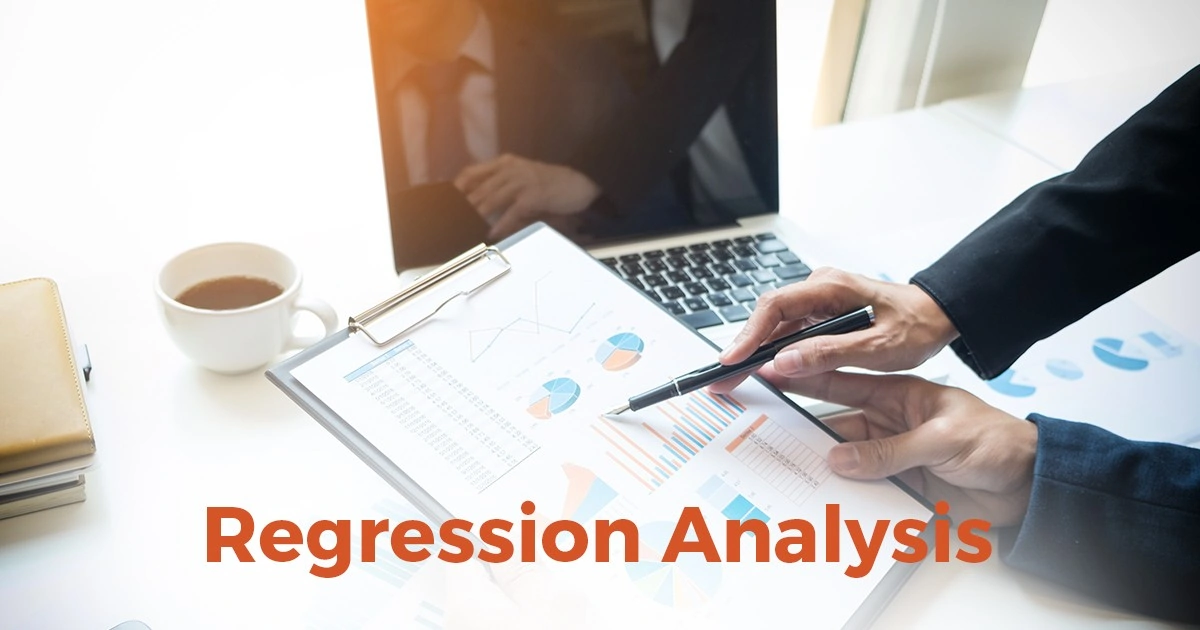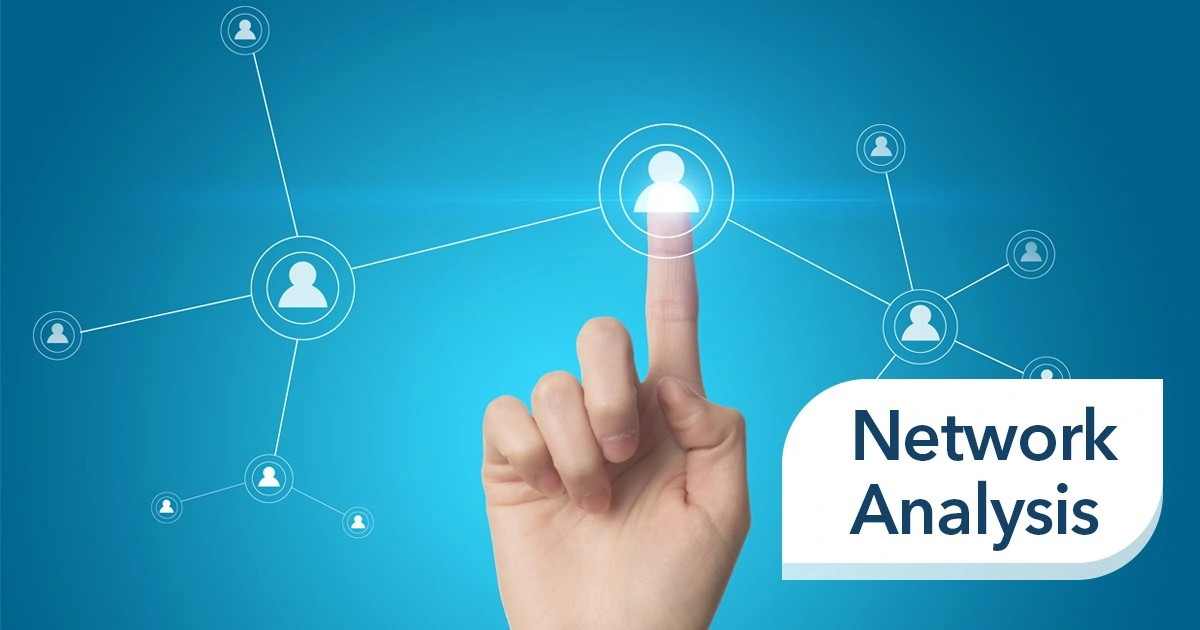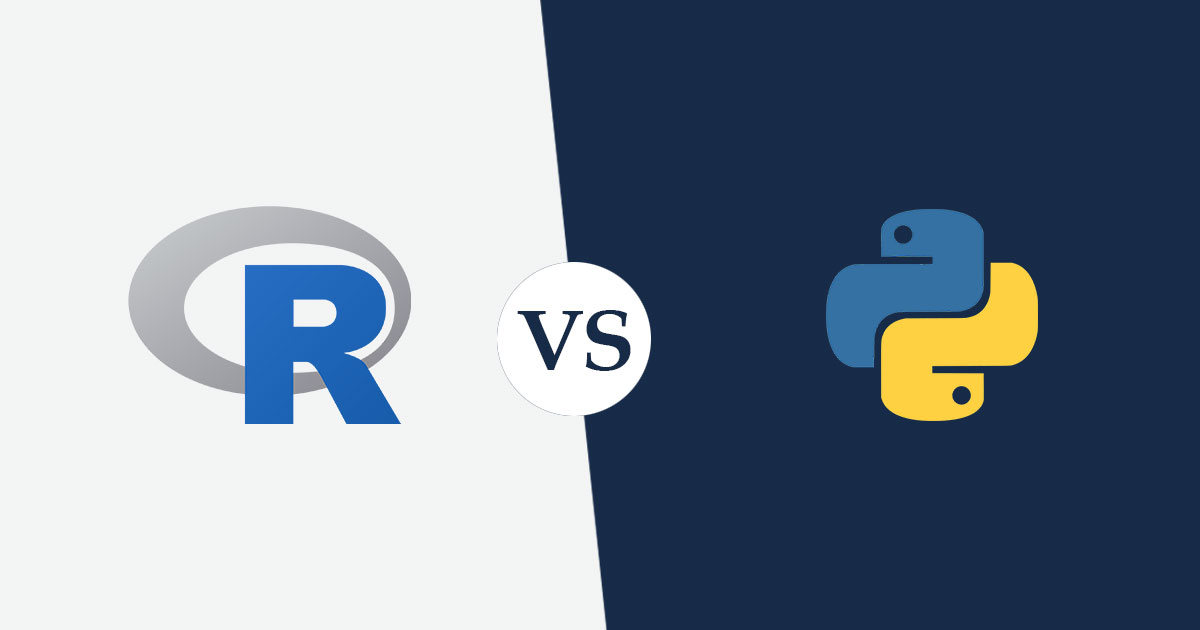Big Data and its Impact on Modern Healthcare
Big Data has brought about an immensity of change in the realm of data management be it in any field and any industry. It has also changed the manner in which data is analyzed and managed. Special emphasis should be laid on big data on modern healthcare since it has proven to be one of the most promising areas where changes are imminent. Healthcare analytics have the potential to reduce treatment costs, predict the outbreak of epidemics, evade preventable diseases and also the improved quality of life in totality.
The lifespan of average individuals are increasing and this is posing challenges to the way treatment is being delivered. In the way that business entrepreneurs are making use of big data, healthcare professionals too are collecting copious amounts of data, analyzing these numbers and formulating the best of strategies.
Big Data in Healthcare Industry
Here are some of the instances of big data and its impact on modern healthcare:
- Analysis of Electronic Health Records (EHRs) – Doctors who share EHRs would be able to analyze data and aggregate it for deducing trends that would in due course reduce healthcare expenses. Data sharing between healthcare providers and physicians would prevent duplicate tests and bring about improvement in inpatient care. HER data is generally found in silos for various regulatory compliances and security reasons. But once a secure way of mining this patient data is discovered, it can greatly improve the quality of care besides reducing costs.
EHR is indeed a great idea but many countries are still struggling to implement them fully. The U.S. has been able to achieve an enormous 94% of hospitals adopting EHRs as per the HITECH research. The EU is a little way behind. But as per a European Commission directive, centralized European health record system would be a reality by 2020. Kaiser Permanente is the beacon bearer in this regard for the U.S., and this could be a model for the EU as well. A system by the name of HealthConnect has been completely implemented in the US. It is a data-sharing across all facilities, making the usage of EHRs very easy. A report by McKinsey on big data and its impact on healthcare stated: “The integrated system has improved outcomes in cardiovascular disease and achieved an estimated $1 billion in savings from reduced office visits and lab tests.”
- Analysis of Hospital Networks – it is unleashing the power of trend analysis in-hospital care. For example; centralization of medical instrument analyses in any ward. This would isolate any possible causes of infection that might have occurred earlier. One hospital was able to minimize post-operative staph infection by putting to use big data- a surgeon was prescribing certain post-operative antibiotics which were not very effective in fighting infection.
- Controlling Data for Public Health Research – Healthcare is inundated with data- hospitals and medical offices submit data about various immunizations and medical conditions but if it is not put to effective usage it is no use. Using analytics helps raw patient data to fill up the missing information in public health records.
- Medicine based on evidence– Most hospitals use the practice “cookbook medicine,” where once someone is admitted, the doctor uses the same set of tests to identify the cause of the disease. By using evidence-based medicine, the doctor would be able to match the symptoms to a larger patient database to diagnose efficiently, speedily and accurately.
- Preventing Readmissions to a hospital– Treatment at hospitals are expensive and are on the rise partly because of high readmission rates in a span of 30 days of the patient being released. Big data analytics in healthcare can play a critical role here because it would help in identifying the ‘at-risk’ patients basis their medical history, health trends, and chart information. Hospitals can easily identify at-risk patients and reduce readmission rates in case the patient is admitted again.
- Patient Identity Protection – Insurance companies like United Healthcare use big data analytics for detecting cases of identity theft and medical fraud. It uses data analytics on the speech-to-text records from phone calls that are received by the call center for the identification of potential fraudsters. Big data analytics in healthcare in this aspect has proved to be beneficial here as well since it has been able to predict the types of treatment plans that would be more successful.
- Practicing medicine more efficiently – With the growth of medical practices, it is a challenge to accommodate doctors and even more patients. A big data in healthcare case would be that of the Westmed Medical Group in Westchester County, New York. Its’ practice started from 16 physicians in 1996 to a present count of 250 physicians attending 250,000 patients and an annual turnover of $285 million. By putting big data to effective usage, the practice analyzed more than 2,200 procedures and therefore streamlined workflow, shifted clinical work from doctors to nurses, reduced unnecessary testing, and improved patient satisfaction.
- Telemedicine- The presence of telemedicine has been there for the past 40 years but with the advent of smartphones, online video conferences, wireless devices, and wearables, it has come to its full potential. Telemedicine refers to the delivery of clinical services remotely with the use of technology- can be used for initial diagnosis, primary consultations, remote patient monitoring, knowledge sharing for health professionals. Path-breaking uses include telesurgery – where doctors can operate using high-speed real-time data delivery and robots without being there physically with any patient. The usage of big data can also be seen through the use of predictive analytics as doctors are able to predict acute medical conditions well in advance and stop the patient’s condition from deteriorating.
- Big Data and Cancer cure- Big data and its impact on modern healthcare is reflected in another very important domain- cancer and the Cancer Moonshot program by President Obama. This was an ambitious goal where the President wanted research towards cancer cure to happen in a short span of time. This goal led to the setting up of a panel that recommended the inclusion of big data in a ‘big’ way. Researchers can use huge data on cancer patients- treatment plans, recovery rates etc and find a pattern for curing cancer patients. in order to find trends and treatments that have the highest rates of success in the real world. For example, researchers can examine tumor samples in biobanks that are linked up with patient treatment records. Using this data, researchers can see things like how certain mutations and cancer proteins interact with different treatments and find trends that will lead to better patient outcomes.
This data can also lead to unexpected benefits, such as finding that Desipramine, which is an anti-depressant, has the ability to help cure certain types of lung cancer.
However, in order to make these kinds of insights more available, patient databases from different institutions such as hospitals, universities, and nonprofits need to be linked up. Then, for example, researchers could access patient biopsy reports from other institutions. Another potential use case would be genetically sequencing cancer tissue samples from clinical trial patients and making these data available to the wider cancer database.
Digital Decision Support tools would play a major role in cancer cure, since these tools would aid in channelizing the insights from the big data. A study was conducted by the Department of Medical Oncology, Academic Medical Center – University of Amsterdam- on IBM’s Watson for Oncology and its’ approach in about 400 surrogate patients suffering from lung, breast, or colorectal cancer. Martijn G.H. Van Oijen, PhD, Associate Professor, Academic Medical Center, University of Amsterdam initially had inhibitions about Watson being a cloud-based tool.
Protecting the privacy of patient information and its’ transfer Watson for Oncology and the electronic health records was of prime importance. This concern was ironed out and he also mentioned that how Watson in a short span of about 5 to 10 years will assist the tumor boards and clinicians with the interpretation and display in usable dashboards of factors like imaging and ‘omics’ (like metabolomics, genomics, or proteomics) data for a patient and also recommend treatment.
These are just a few points of big data and its’ impact on health care. The increase of data flow to hospitals and medical practitioners is making it easier for them to find out the new trends, normalize patient data, and clear up the bottlenecks. Doctors can apply big data analysis in healthcare in the way that big data is applied in any other domain and derive insights. But of course, stakes are higher in the healthcare sector since it is on these insights that give a new lease of life to those who are suffering.
What is big data in healthcare? Big data is about delivering far-reaching, big insights derived from gathering information from widely disparate sources. It is then analyzed to reveal trends which cannot be found otherwise. In comparison to all other industries and domains, finding value from big data analytics is perhaps of greatest importance in healthcare due to its potential of changing and saving human lives. Big data can show healthcare providers how to make business more profitable but also improve operational efficiency. Big data can uncover trends that can improve the quality of people’s lives.
The Centers for Disease Control and Prevention (CDC) has used big data to combat Ebola and stop it from being a pandemic. The CDC had a pilot big data program known as the BioMosaic. It collects data like health statistics, population data, population migration in real-time and tracks epidemics. This tool has been effectively used for testing, forecasting, and finding out those diseases that have the potential of breaking out and recommending pre-emptive steps to prevent a potential epidemic.
Big data tools: IBM Watson
Mention should be made about IBM Watson- the most advanced artificial intelligence program that is actually transforming healthcare into a service that is not only quantifiable but making all information readily available. Doctors need to study only the personalized reports and not file after file of any case. In fact, Watson sifts through the big data and keeps information ready for medical professionals. In fact, Watson “can provide a natural language interface for the delivery of general and patient-specific information”, as mentioned by Dr. Iain Hennessey, Clinical Director of Innovation at Alder Hey Children’s Hospital.
